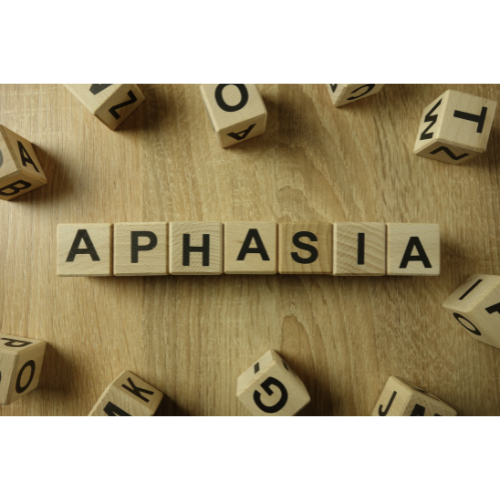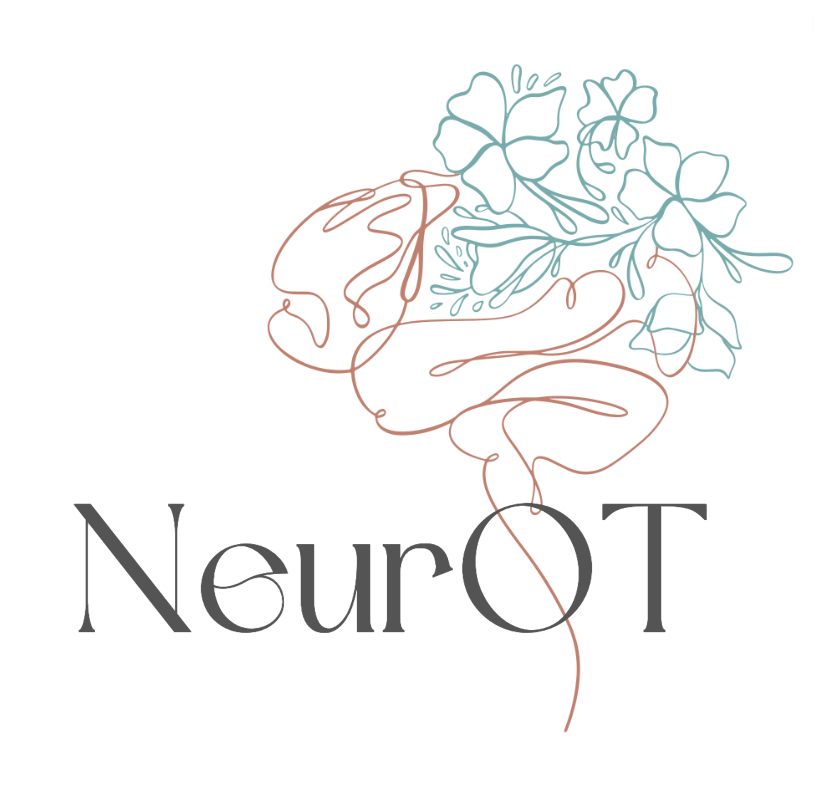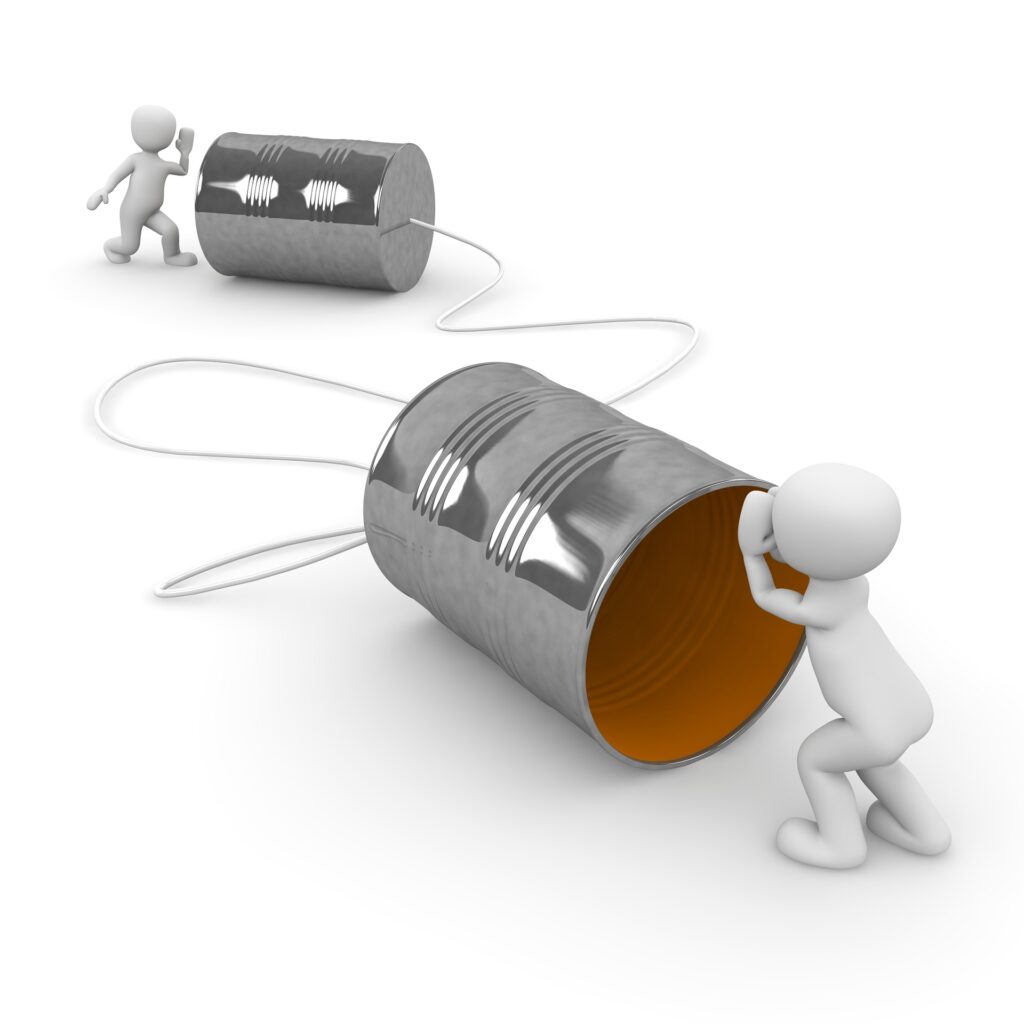Communication challenges are a common complication of stroke. These challenges can range from mild difficulties, such as mild word-finding problems, to more severe challenges, such as the inability to speak or understand language.
One of the most common communication difficulties after a stroke is aphasia, a language disorder affecting a person’s ability to understand and use language. Aphasia can affect different aspects of language, including speaking, understanding, reading, and writing. The severity of aphasia can vary, with some people experiencing mild difficulties while others may have severe language impairment.
Aphasia can cause a variety of difficulties for people who have had a stroke, including:
- Difficulty with speaking: People with aphasia may struggle to find the right words to say or may have trouble forming sentences. They may also have pronunciation difficulties and speak with a different rhythm or intonation.
- Difficulty with understanding: People with aphasia may have difficulty understanding what others say, making it hard to follow conversations. They may also struggle following written instructions or reading texts.
- Difficulty with writing: People with aphasia may have trouble writing or problems with spelling and grammar. They may also need help with copying words or drawing pictures.
- Difficulty with social interaction: People with aphasia may have difficulty communicating with others and understanding social cues and nonverbal communication, making it hard to build relationships with others.
Occupational therapy can help people with aphasia by providing strategies to manage communication difficulties, such as recommending assistive technology such as communication devices or communication boards. Occupational therapists may also work with people with aphasia to improve their language skills and find ways to communicate effectively. Additionally, occupational therapy can also help to enhance the ability of the individual to perform daily activities through the use of new communication techniques and environmental modifications that can help facilitate communication.
Overall, communication challenges, including aphasia, are a common complication of stroke and can significantly impact a person’s ability to communicate and participate in activities. Occupational therapy can help people with aphasia by providing strategies to manage communication difficulties and improve language skills.


